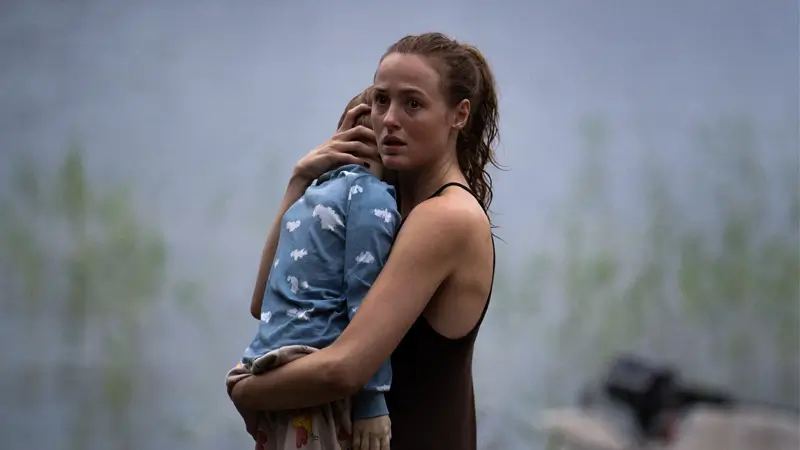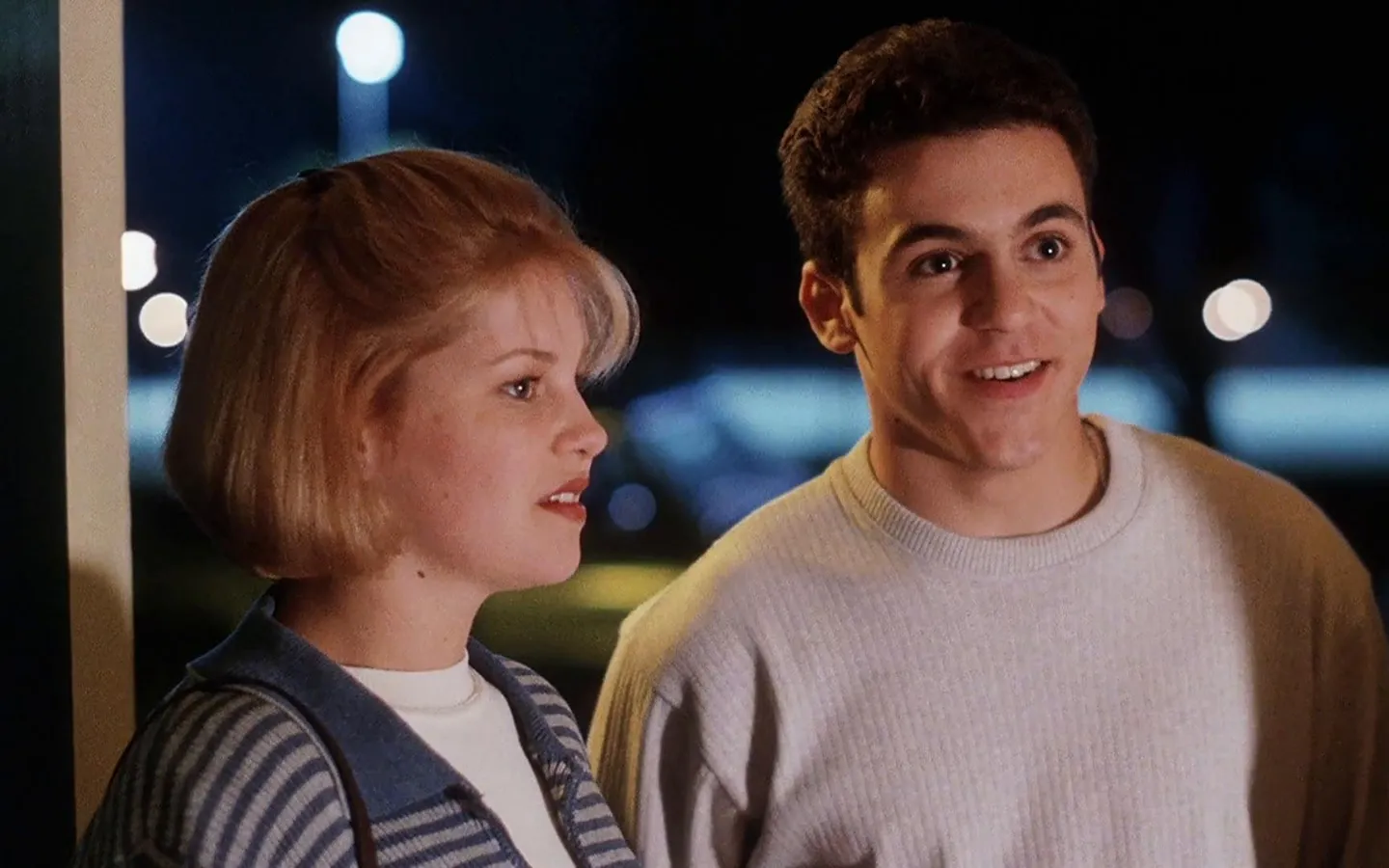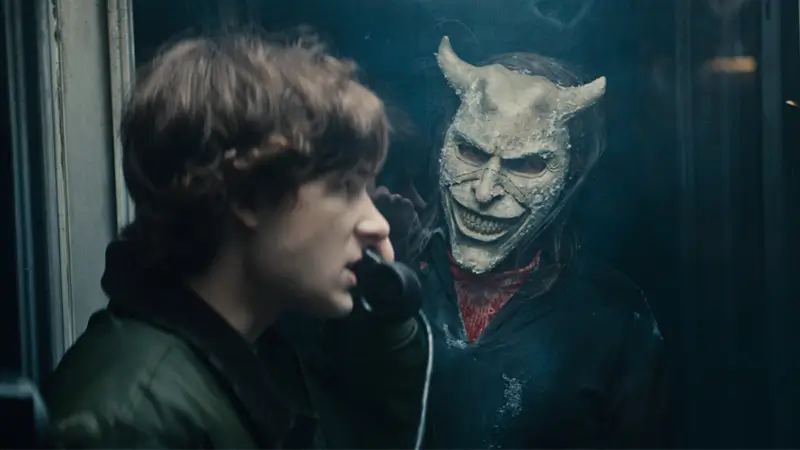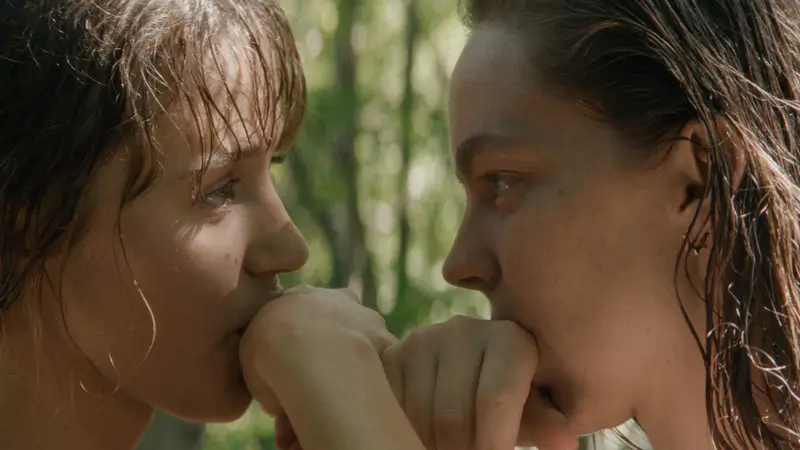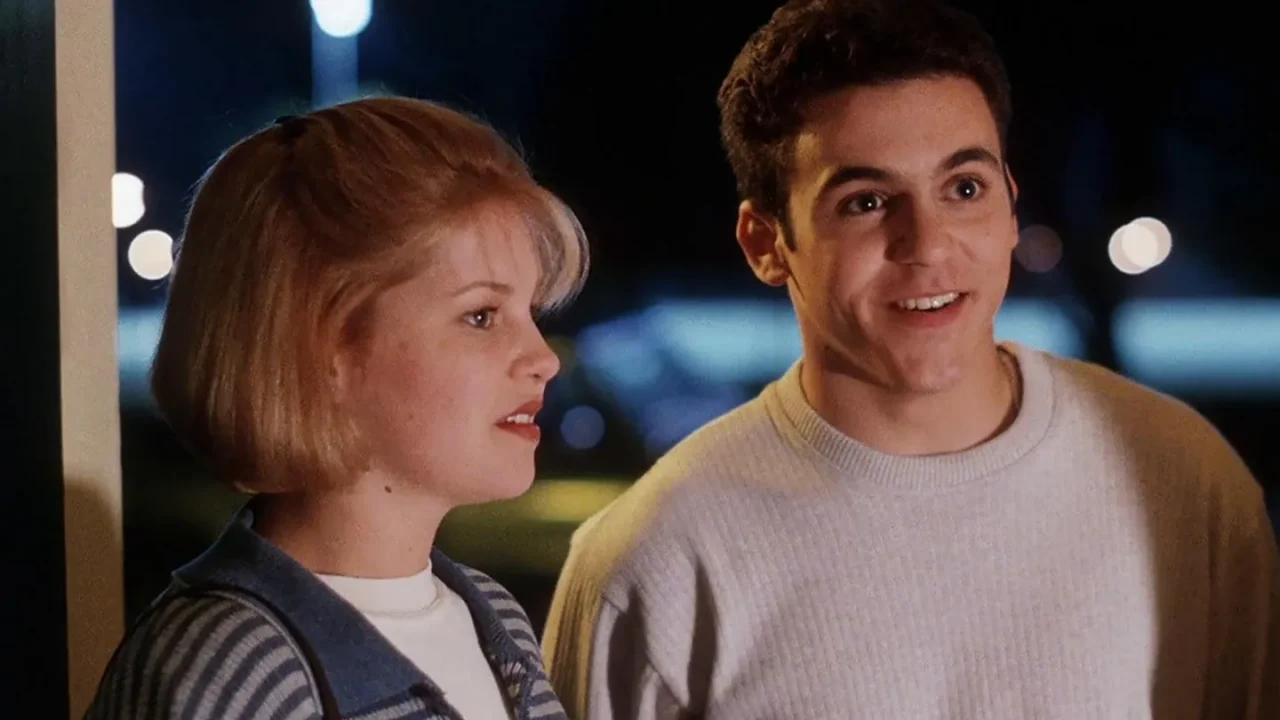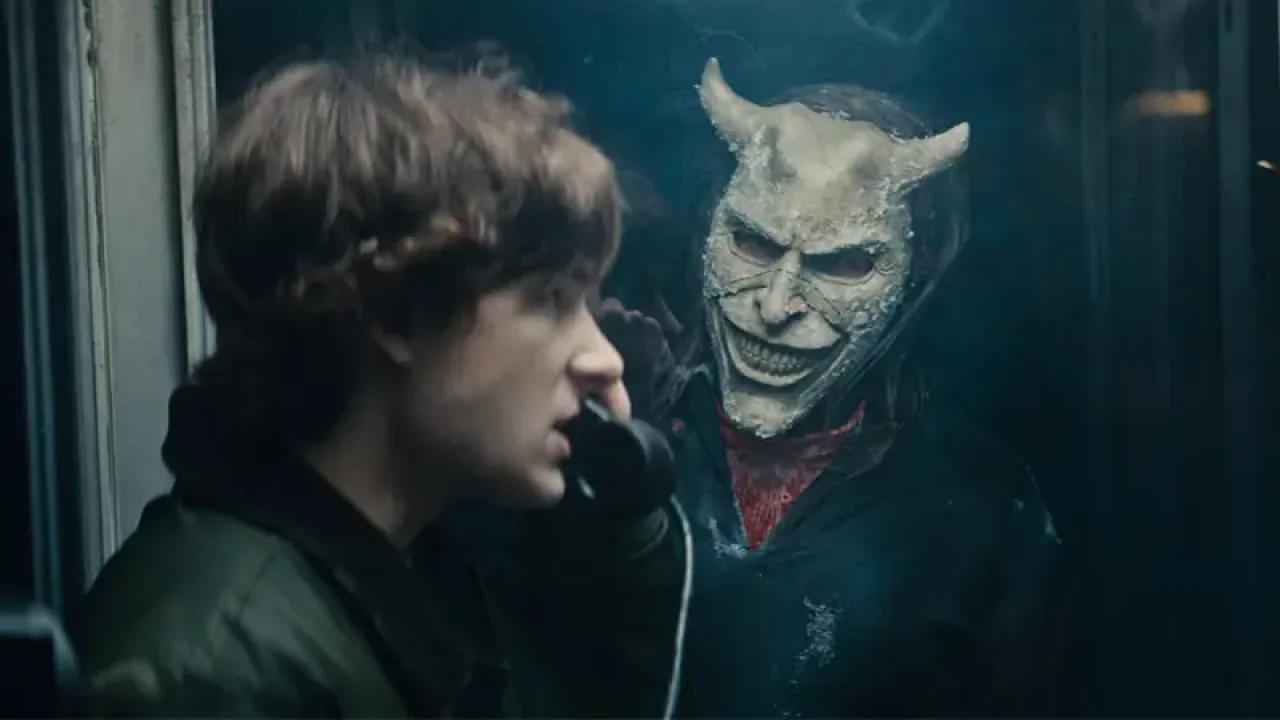It’s not new that the adultification of childhood worries parents, psychologists, and educators. However, the topic exploded in Brazil recently, fueled by an exposé video from YouTuber Felca (Felipe Bressanim) that revealed a routine of child overexposure on the internet. This urgent and necessary debate invites us to reflect on how society and the media treat children.
Cinema and series, as mirrors of our culture, have long investigated this theme. From independent dramas to technological thrillers, various works have already warned us about the dangers of stealing childhood, whether through aesthetic pressure, commercial exploitation, or abuse disguised as entertainment. To better understand the layers of this debate, we’ve selected 10 essential films and series that address adultification and its serious consequences.
What is adultification and why is the topic trending?
Before diving into the list, it’s worth understanding the concept. Adultification is the process of attributing to children and adolescents behaviors, responsibilities, worries, and aesthetic characteristics that belong to the adult world. This ranges from dressing a child in sensual clothing to exposing them to content and situations they don’t have the emotional maturity to process.
The culture of hyperexposure and the loss of childhood
In the age of social media, adultification has gained a new and dangerous engine: the pursuit of engagement. Children are transformed into “mini-influencers,” participating in “dances” with sexual connotations, promoting products, and living a professional routine that deprives them of the fundamental right to just be children. The result is a dangerous shortcut to problems like anxiety, depression, and extreme vulnerability to online predators.
The Felca phenomenon: from video about adultification to national mobilization
The debate was reignited in the country after a video by YouTuber Felca analyzed content produced by influencer Hytalo Santos. In the video, Felca points to the eroticization of children and adolescents, the exposure of their private lives, and the creation of narratives that simulate romantic relationships between minors to generate views.
The complaint, which culminated in the arrest of Hytalo Santos in a police operation, turned into a movement. Felca not only educated millions of Brazilians about the dangers of adultification and child exposure — which create an environment conducive to predators — but also took practical action: all monetization from the video was donated to NGOs for child protection, like Childhood Brazil.
The movement raised a national discussion about the monetization of childhood and the ethical limits of online content. The repercussion generated social and political pressure, driving debates in the National Congress about the urgency of stricter laws to protect children’s images online and hold platforms accountable. This became the major cause embraced by the public: the fight for a safer digital environment for the little ones.
10 films and series that expose the dangers of adultification and child exploitation
The following works function as warnings and tools for reflection, showing different facets of this complex problem. Check out Filmelier’s selection.
The Artifice Girl (2022)
This recent sci-fi thriller brings an original approach to the theme. The plot of The Artifice Girl follows a group of agents who discover an artificial intelligence project created to attract and expose online sexual predators. The AI takes the form of a young girl, “Cherry,” and the film raises deep ethical questions about the use of the child image, even if digital, to combat a crime, showing how normalized the search for this type of content has become. The production is considered an independent cinema success, with a 92% approval rating on Rotten Tomatoes.
Intrigued by the premise of this sci-fi thriller? The Artifice Girl premieres on August 28th on major digital rental and purchase platforms. Stay tuned to Filmelier and find out where to watch as soon as the film is released on streaming services.
Manas (2025)
Directed by Marianna Brennand, recent national cinema delivers a brutal and regional look at adultification. Set on Marajó Island, the film, awarded at the Venice Film Festival, follows 13-year-old Marcielle, who idealizes her older sister who left “after finding a good man.” As she matures, the young girl sees this idealization crumble when faced with abusive environments. The work portrays a cycle of forced maturation, where the absence of perspectives pushes girls toward a violent destiny, forcing them to confront an adult reality for which they are unprepared.
Want to see this award-winning film? Follow all the news on Filmelier and find out where to watch Manas as soon as it’s released on streaming services.
Cuties (2020)
Perhaps no recent film has generated as much controversy on the topic as Cuties. The French Netflix production follows an 11-year-old girl who, trying to break free from a conservative family upbringing, joins a children’s dance group that imitates hypersexualized choreographies. Director Maïmouna Doucouré defends that the film is a critique of this culture, but the work was harshly accused of eroticizing its young actresses. Regardless of intent, the film hits the mark by exposing how present and harmful this aesthetic is in the children’s universe.
Want to draw your own conclusions? Check on Filmelier where to watch Cuties in full.
Trust (2010)
Directed by David Schwimmer (Ross from Friends), this 2010 film is a gut punch. The plot of Trust follows a 14-year-old teenager (Liana Liberato) who starts an online friendship with a man (Clive Owen) she believes to be a boy her age. The story details the process of grooming — the psychological manipulation predators use to seduce and abuse minors. It’s an essential work for understanding children’s vulnerability in the online environment and educating parents and children about the real dangers of anonymous interactions on the internet.
Want to watch this essential alert for the digital age? Trust is available on the Adrenalina Pura+ channel, check how to watch.
Little Miss Sunshine (2006)
Behind a captivating roadmovie comedy, Little Miss Sunshine makes a powerful critique of children’s beauty pageant culture. Acclaimed by critics and winner of two Oscars, this film by Jonathan Dayton and Valerie Faris follows little Olive’s journey to participate in a competition. Gradually, the production reveals a world of absurd aesthetic pressure, including artificial tanning and inappropriate choreography. The final scene, with the “Super Freak” dance, is an act of rebellion that exposes how ridiculous and harmful this environment is for a child.
Ready to be moved and laugh with this unforgettable journey? See on Filmelier where to watch Little Miss Sunshine online.
Maps to the Stars (2014)
With David Cronenberg’s acid gaze, Maps to the Stars satirizes the rot of Hollywood. The focus is on the life of a 13-year-old child actor (Evan Bird), fresh out of rehab and already plunged into a cynical world of fame, drugs, and abuse. The work shows an industry that treats children as products, exposing them to a world of cynicism, abuse, and a total absence of a healthy childhood, where the parents themselves are the agents of exploitation. The cast includes big names like Julianne Moore, Robert Pattinson, John Cusack, and Mia Wasikowska (Alice in Wonderland, Club Zero).
Curious to see this Hollywood satire? Access Filmelier and find out where to find Maps to the Stars to watch.
Nobody Knows (2004)
Japanese master Hirokazu Kore-eda bases himself on a true story to tell the life of four siblings abandoned by their mother in a small Tokyo apartment. The eldest son, only 12 years old, is forced to become the family “boss,” caring for his younger siblings. Here, adultification doesn’t come from sexualization, but from neglect. It’s a painful portrait of how the absence of adult responsibility forces children to skip the most important stage of their lives. Nobody Knows, awarded at the Cannes Film Festival, was Japan’s choice to represent the country at the Oscars and has a 93% approval rating on Rotten Tomatoes.
Want to delve into this critically acclaimed drama? See on Filmelier where to watch Nobody Knows and learn about this story.
Black Mirror: Shut Up and Dance (2016)
This episode from the 3rd season of Black Mirror is one of the most tense and disturbing in Charlie Brooker’s acclaimed series. A young man has his computer hacked and is caught in an intimate moment. From there, he is coerced by hackers into committing a series of crimes to avoid having his privacy exposed. The episode titled Shut Up and Dance is a lesson in how privacy has become fragile and how online exposure can turn into a weapon of blackmail and control.
All 7 seasons of Black Mirror are available on Netflix.
Homework (1989)
In this classic of Iranian cinema, director Abbas Kiarostami interviews elementary school students about their homework. What begins as a simple premise reveals itself as a deep investigation into how fear, family pressure, and the rigidity of the educational system shape (and often repress) childhood. The children respond with an adult seriousness, showing that the lightness of childhood and child spontaneity have already been lost.
Want to get to know Homework? Find the complete information on Filmelier.
To Die For (1995)
With a brilliant performance by Nicole Kidman, which earned her the Golden Globe, this film by Gus Van Sant is a dark satire about the obsession with fame. Kidman’s character seduces and manipulates a group of teenagers to murder her husband. The character uses her beauty and power of persuasion to corrupt the youngsters’ naivety, treating them as mere pawns in her sick game. The work is a clear example of how adult ambition can exploit and distort youth in a predatory way. With Joaquin Phoenix, Casey Affleck, and Matt Dillon in the cast.
Want to watch Nicole Kidman’s award-winning performance? See on Filmelier which streaming service To Die For is available on.
The role of art in delicate debates
Watching these works can be uncomfortable, but that’s exactly the point. Cinema, at its best, doesn’t offer easy answers but provokes the right questions. Films like these are essential to take the debate about adultification out of the realm of opinion and lead it to a deeper reflection on the social structures that allow childhood to be violated.
FAQ – Frequently asked questions about adultification
What was Felca’s complaint?
Felca denounced the routine of exposure of children and adolescents on influencer Hytalo Santos’ profiles, pointing to the eroticization of minors, the simulation of relationships, and the monetization of their private lives, which reignited the debate about the limits of content production involving children on the internet.
What is the difference between adultification and pedophilia?
Although the topics may intersect, they are different concepts. Adultification is the act of imposing adult behaviors and aesthetics on children, which leaves them vulnerable. Pedophilia is a crime and a psychiatric disorder characterized by an adult’s sexual attraction to children. The culture of adultification can, unfortunately, create an environment that facilitates the action of pedophiles, as it normalizes the sexualization of childhood.
Why was the film Cuties so criticized on Netflix?
Cuties was criticized for its marketing, which suggested a glamorization of child hypersexualization, and for scenes that, for many, crossed the line between critique and exploitation of the theme, eroticizing the child actresses.



